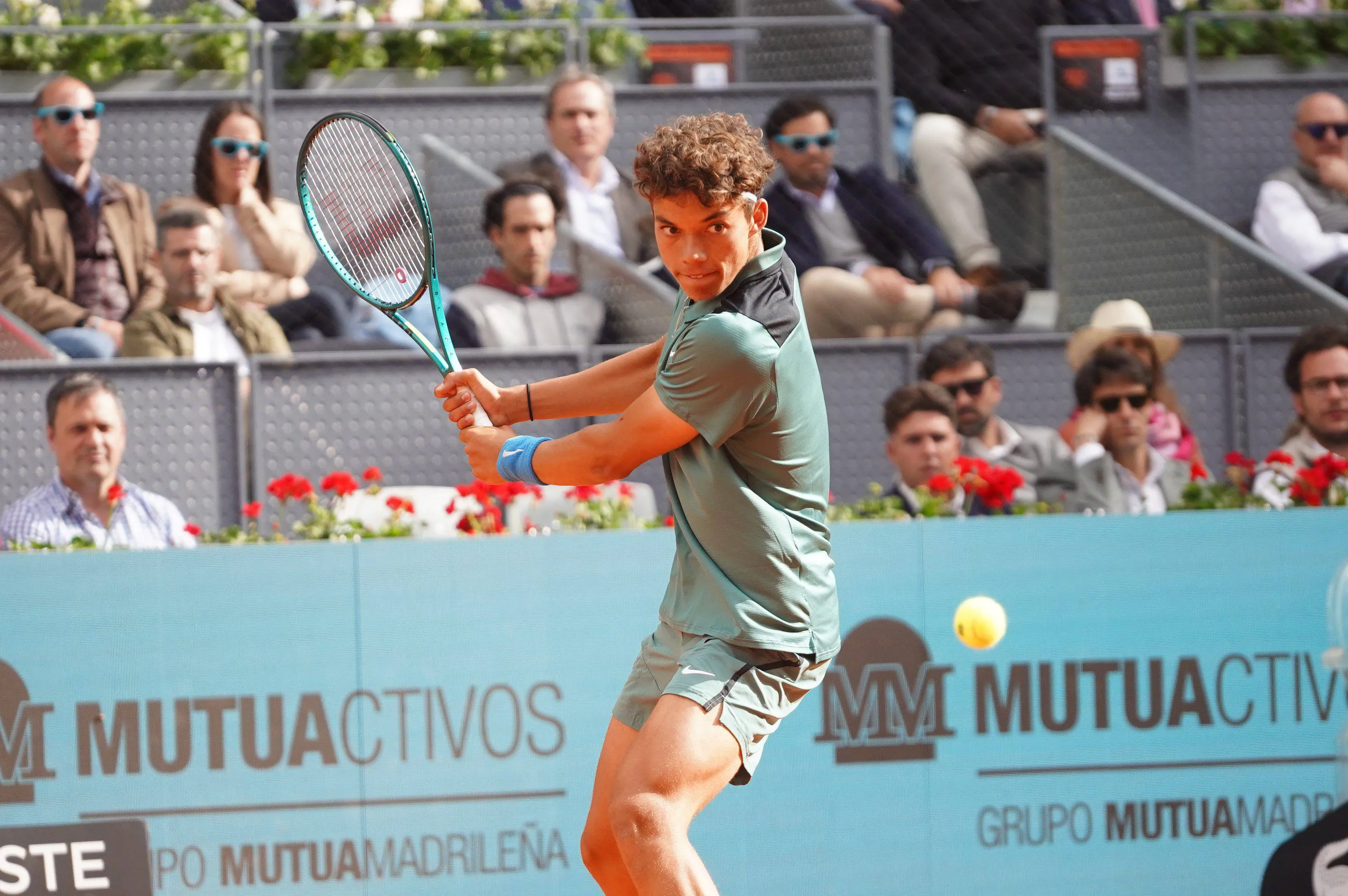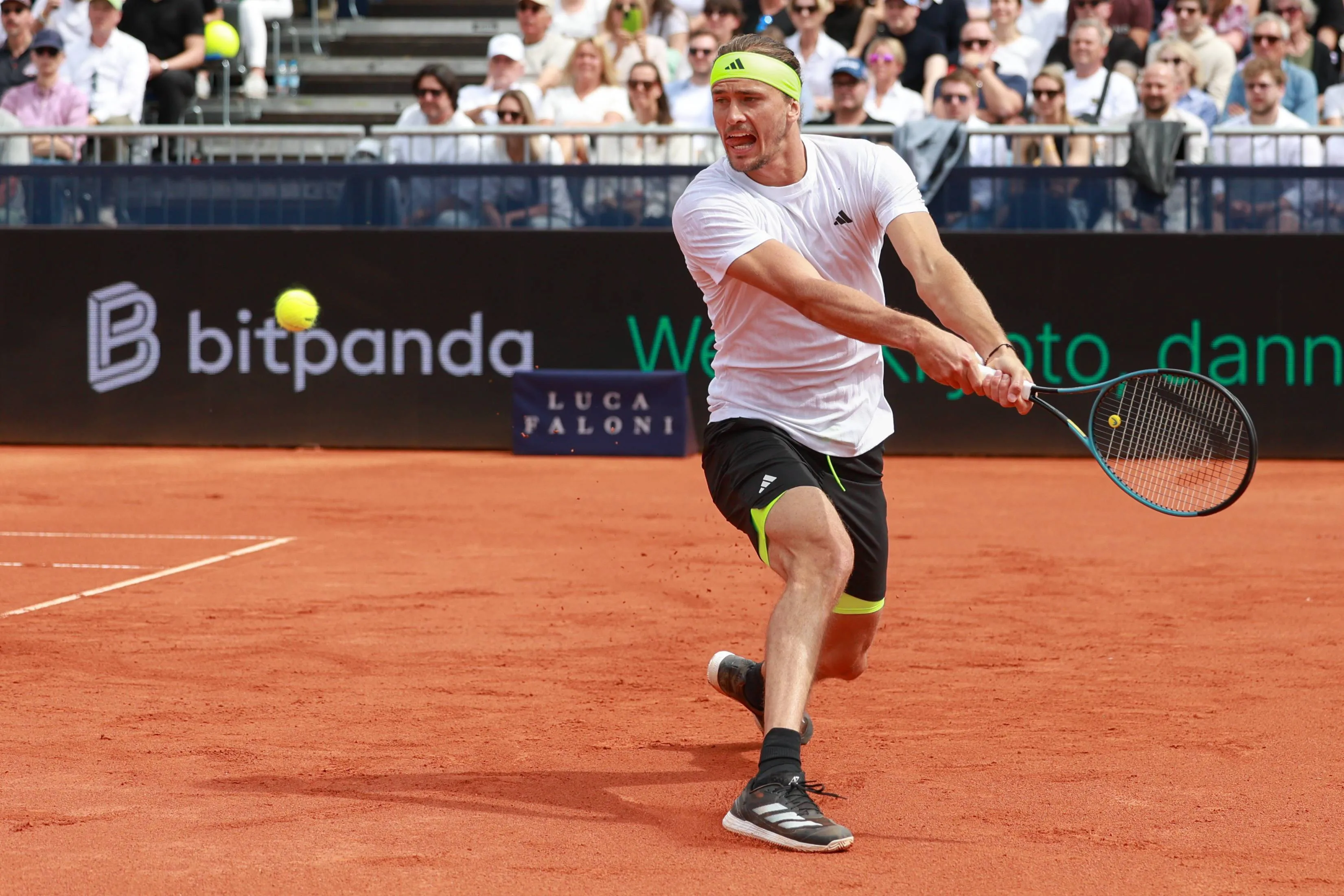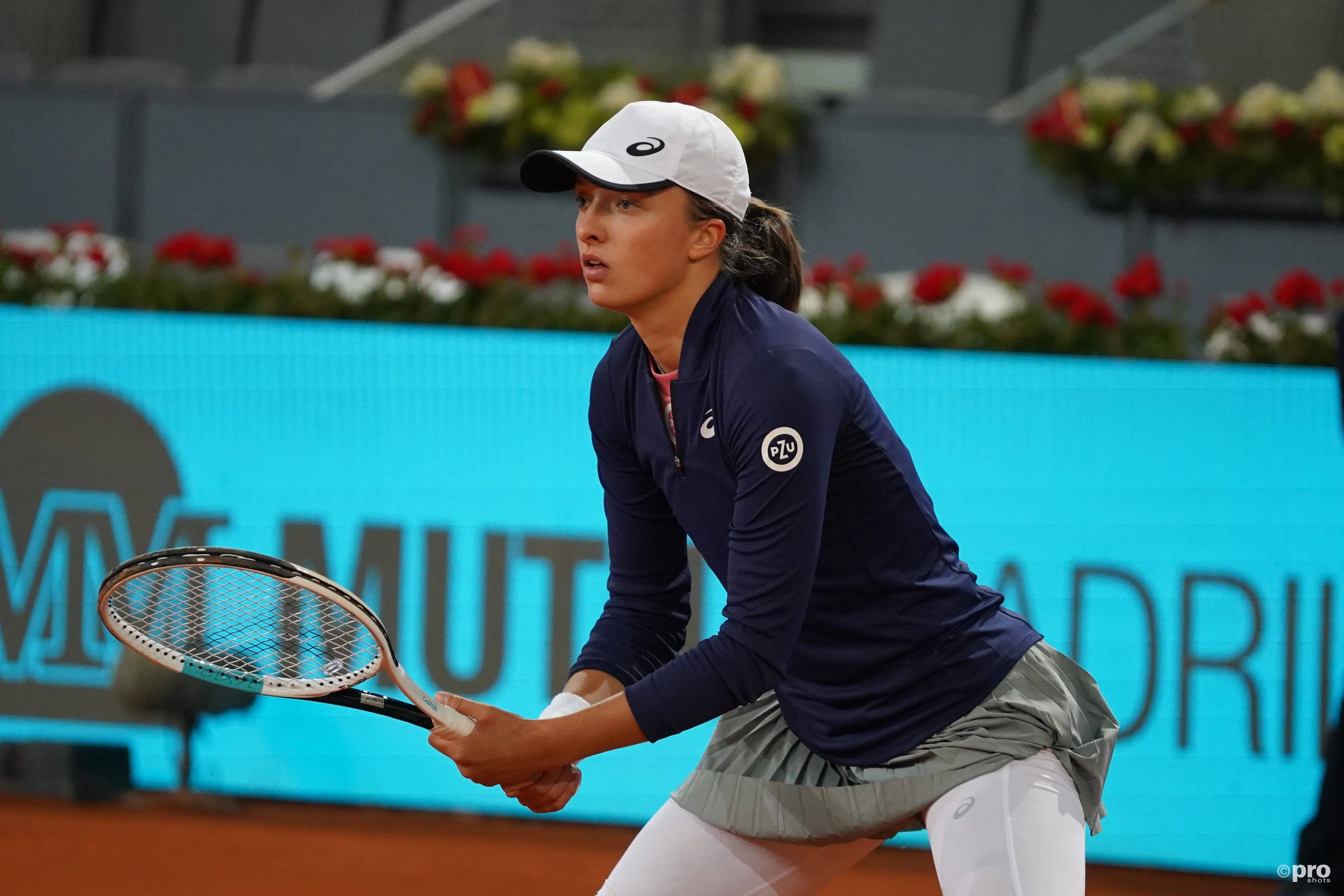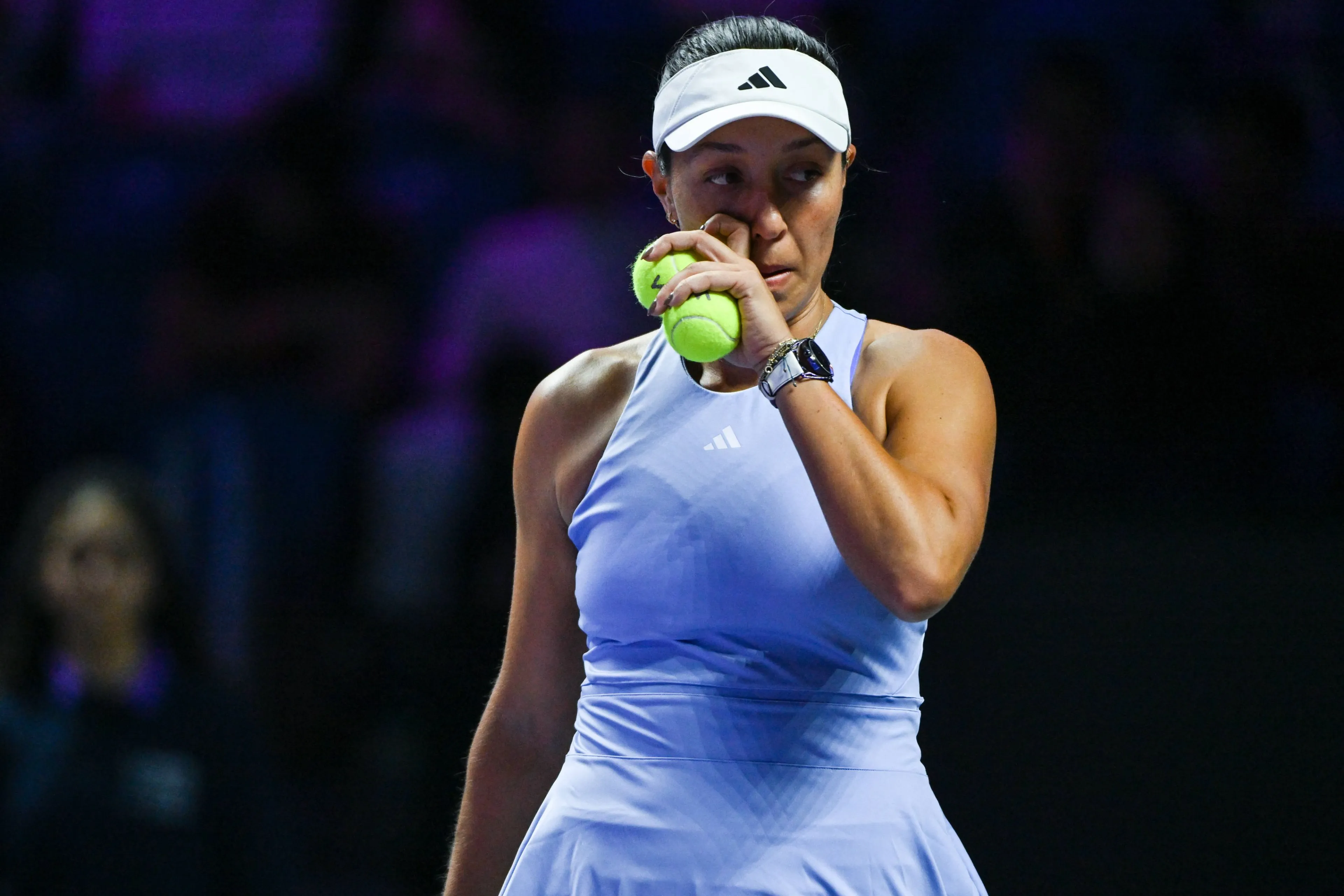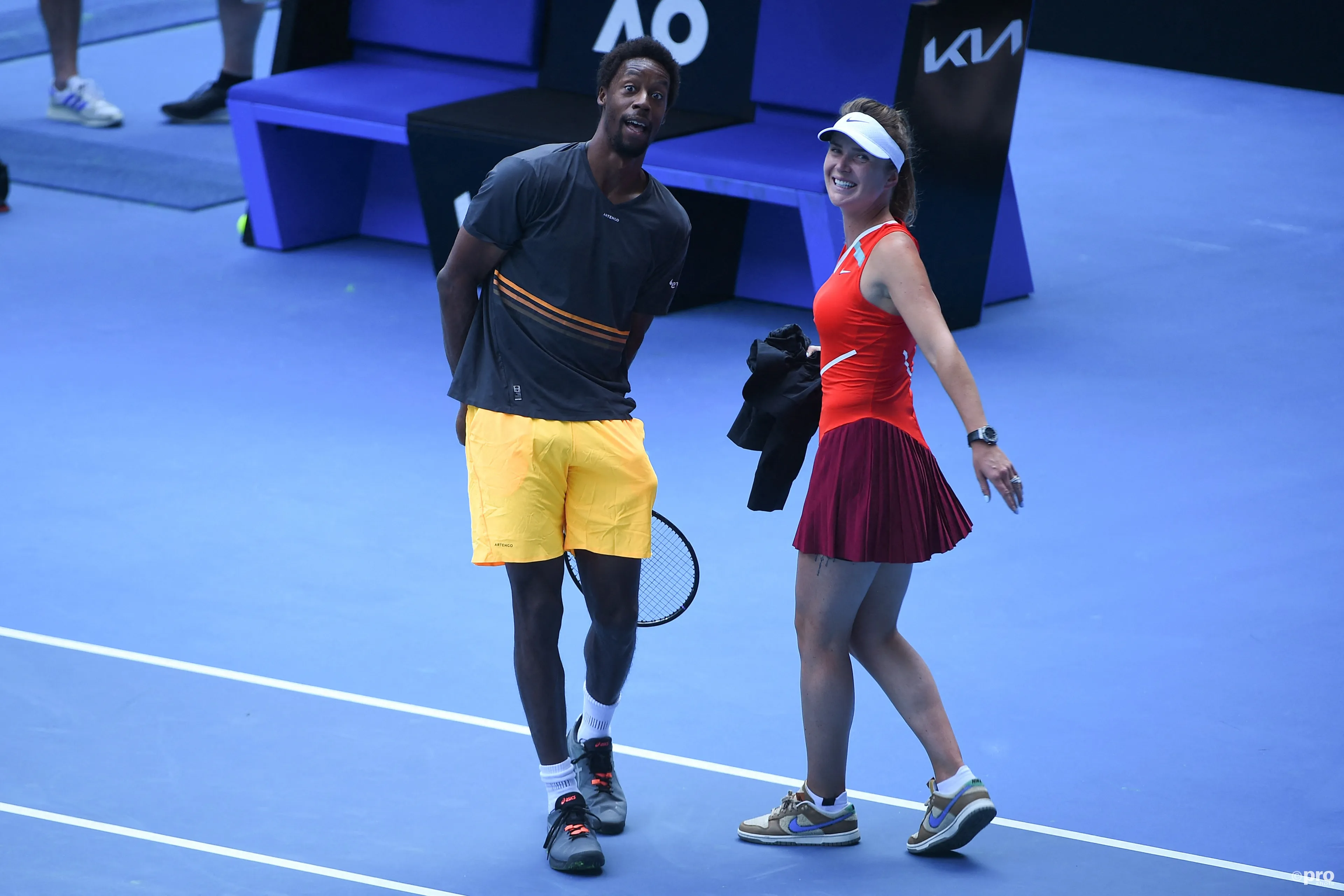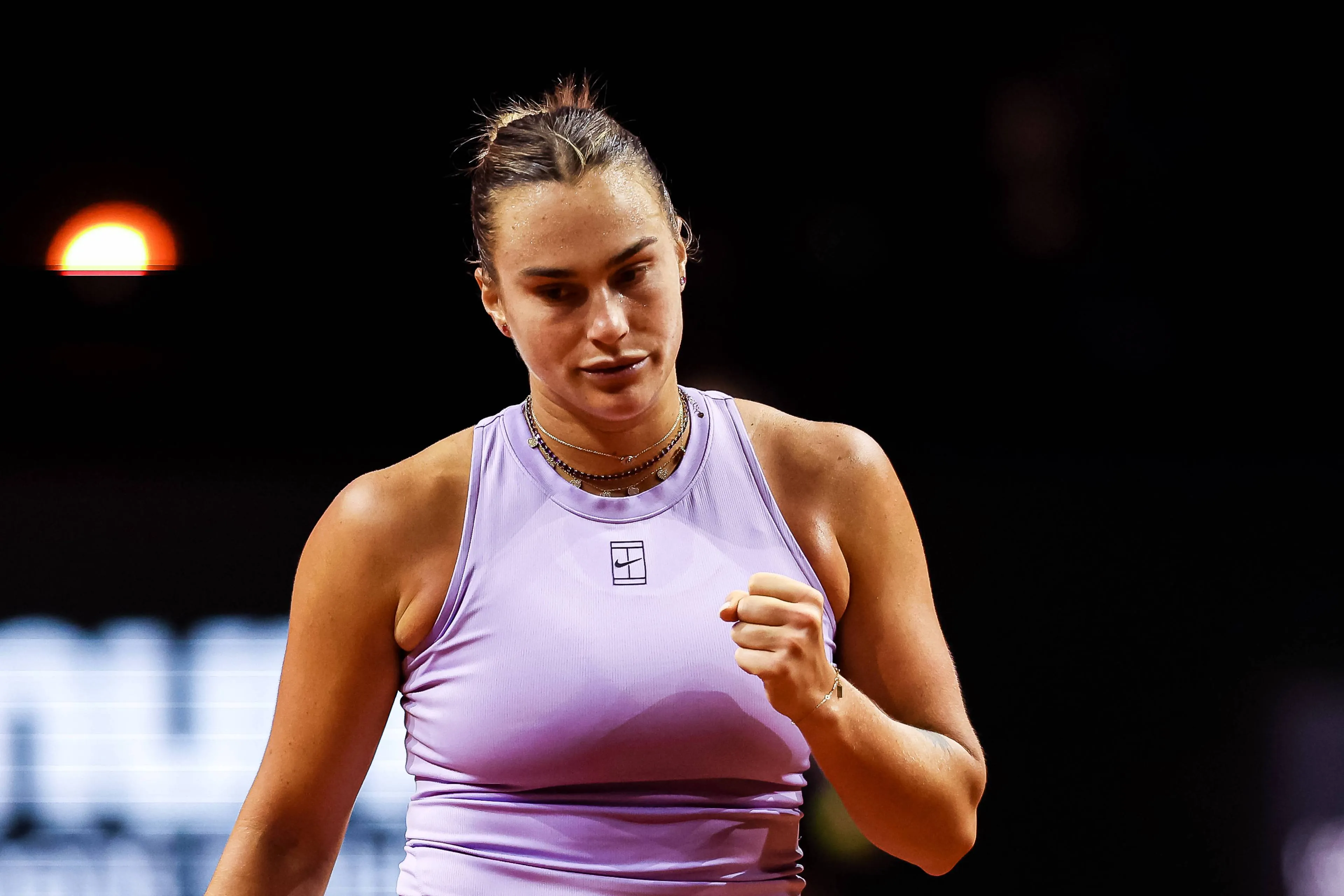Criticism levied on wildcards as Darwin Blanch struggles against Rafael Nadal at Madrid Open but is it dodgy for tennis?
ColumnFriday, 26 April 2024 at 15:13

Dubbed a meeting of Challenger v Champion, Darwin Blanch and Rafael Nadal failed to live up to it unless you are a fan of the latter with a 6-1, 6-0 trouncing of the 16-year-old fitting the bill at the Madrid Open. But it has also opened a debate about wildcards and in particular IMG's role at the Madrid Open.
IMG own the tournament so in reality can do as they see fit. But it has left some miffed about the picks and also using their players as a lottery against others in a tale as old as time. Darwin Blanch for instance was thrown into the lions' den after not defeating his older brother Dali at a Challenger Tournament the week prior showing that he was never really going to trouble Nadal.
The 16-year-old comes from great stock as does Joao Fonseca, albeit the latter perhaps has shown this week that he is a lot further along in his development than perhaps Blanch who practices with Carlos Alcaraz and is seen as one of the future stars of men's tennis. But it is not only IMG who have done this with differing policies across tennis.
Both sides to the coin in wildcard argument
Read also
Tennis Australia for instance threw up a bit of a storm in January with Arina Rodionova despite being the Aussie No.1 and longstanding didn't get an Australian Open wildcard. A former Russian, but a player who married in the country and has long been an Aussie by nationality had really made a name for herself just to be snubbed. Tournaments such as Rome and Roland Garros to come throw up a more traditional tact with mainly Italian and French players given spots in the draw. This also stops situations such as the Madrid Open where secrecy surrounded who was picked despite Emma Raducanu for instance being in Madrid the week before so it was very much evident she was going to play.
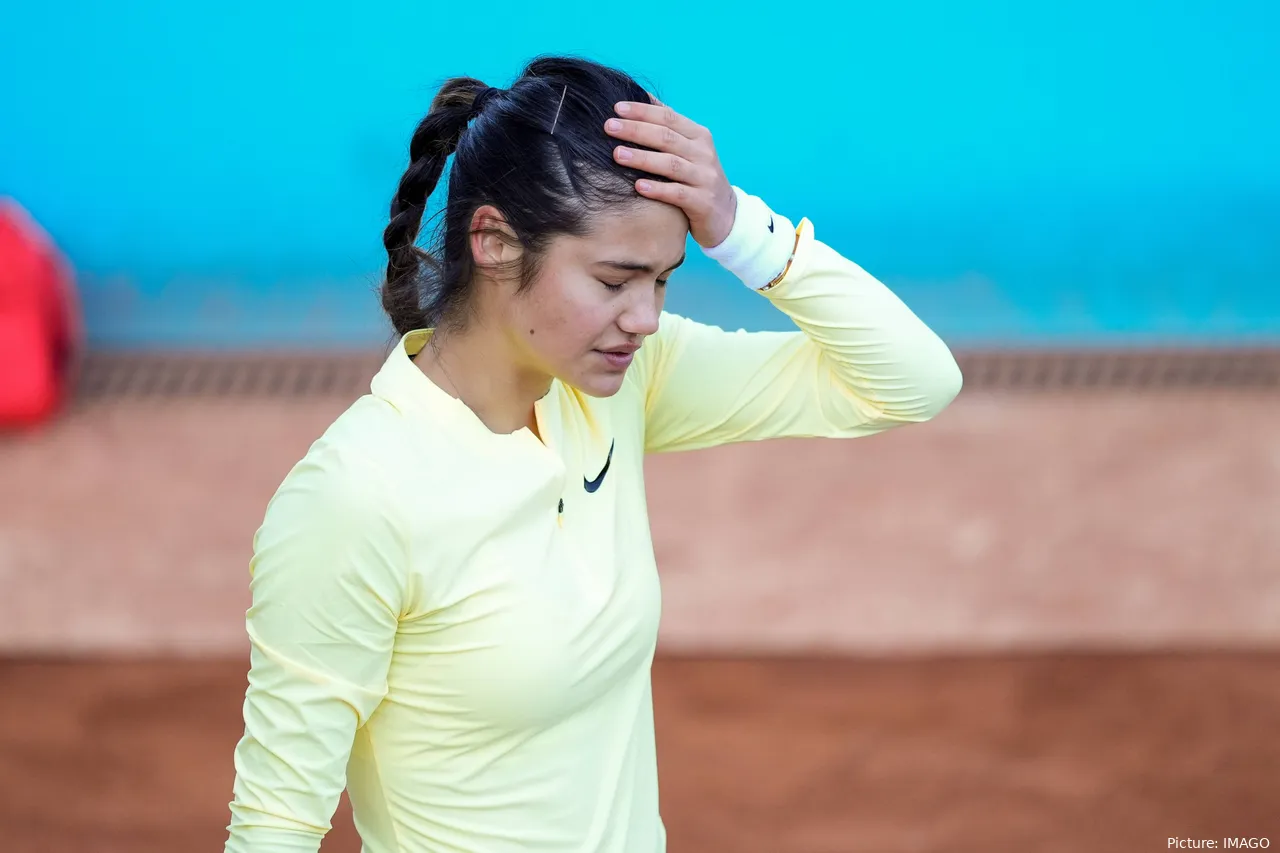
Emma Raducanu pictured who has long benefited from wildcards likely won't for the forseeable and being managed by IMG allowed her a route into Miami and Madrid.
Top Spanish stars snubbed
Ben Rothenberg, a prominent tennis journalist for instance made a good point after a retort that they bought Blanch's wildcard amongst wild accusations that he was thrown to Nadal in order to help the ailing legend win easy as he was the lowest ranked player in the field. His thoughts were that it is 'possibly' dodgy for the sport but has been a practice for a long time. This is certainly the case with Blanch for instance playing at the Miami Open due to being an IMG player and most of the wildcard list are those who are from their clients. This though also throws up problems in which Jessica Bouzas Maneiro had been on a real tear in ITF tournaments and had shown herself to be an operator deserving of a wildcard didn't get one.
Neither did Roberto Bautista Agut who wasn't left best thrilled by the situation saying that Spain is the only country in which this happens. He had to play qualifying despite being perhaps the top tennis star from Spain outside of Alcaraz, Nadal and now Davidovich Fokina for a number of years. Rennae Stubbs even made the same argument about wildcards that they should in affect be thrown out or only used for top pros returning e.g Caroline Wozniacki when she came back. With no ranking and no protected ranking, she didn't have any route to return.
Read also
But in her view giving Darwin Blanch the wildcard wasn't the best move and that selling WTA and ATP 1000 tournaments isn't needed when the big names are already there. In the past it has been used as a vehicle to sell the tournament and a few big names appearing shifts tickets. But those coming to Madrid knew Nadal, Alcaraz and even Djokovic at one point were there so Blanch, Fruhvirtova etc aren't going to shift much on top. Raducanu maybe but she is very much a player who has had her time in the sun in terms of being a huge commercial asset to selling tennis tickets and lost early anyway.
Are tennis wildcards dodgy? Maybe. But having management agencies owning tournaments in the first place means that this is bound to happen and will continue to do so. While Madrid shows a poor example, Rome for instance will probably only let one of the players relying on this route in and likely none for Roland Garros. So they show that the blueprint sans management is still there.
claps 0visitors 0
Just In
Popular News
Latest Comments
- Keep avoiding anti-Social Media, do your best to ignore loser sports writer's questions, and just do your own thing.
 mandoist24-04-2025
mandoist24-04-2025 - Let's face it, Saba is not the sharpest tool in the tool shed. Her sarcasm / passive agressive nonsense has always been annoying. Granted, attempting humor in another language is tough but she truly sucks at it.
 mandoist24-04-2025
mandoist24-04-2025 - Well, that was ... all about nothing. Every excuse and future workout plan mentioned should have been dealt with a long time ago. R.I.P., Mark Petchey.
 mandoist22-04-2025
mandoist22-04-2025 - I hope Marion Bley is the Chair Ump for the Final. It would be Karma Served for Saba after her disrespectful 'performance' in the semi.
 mandoist21-04-2025
mandoist21-04-2025 - Coco needs to stop the Williams Hero Worship and play like 'Coco'.
 mandoist19-04-2025
mandoist19-04-2025 - Didn't expect issues between these two...SakkariFan2318-04-2025
- Send her a crate of deodorant DoveSakkariFan2318-04-2025
- Good to see, hopefully Sakkari can return to the form she deserves.SakkariFan2318-04-2025
- Shame no play on Friday but some line-up incoming..SakkariFan2318-04-2025
- Zverev's reaction lacked a bit of class this time around. He handled it better in Australia.MrAndreeva18-04-2025

